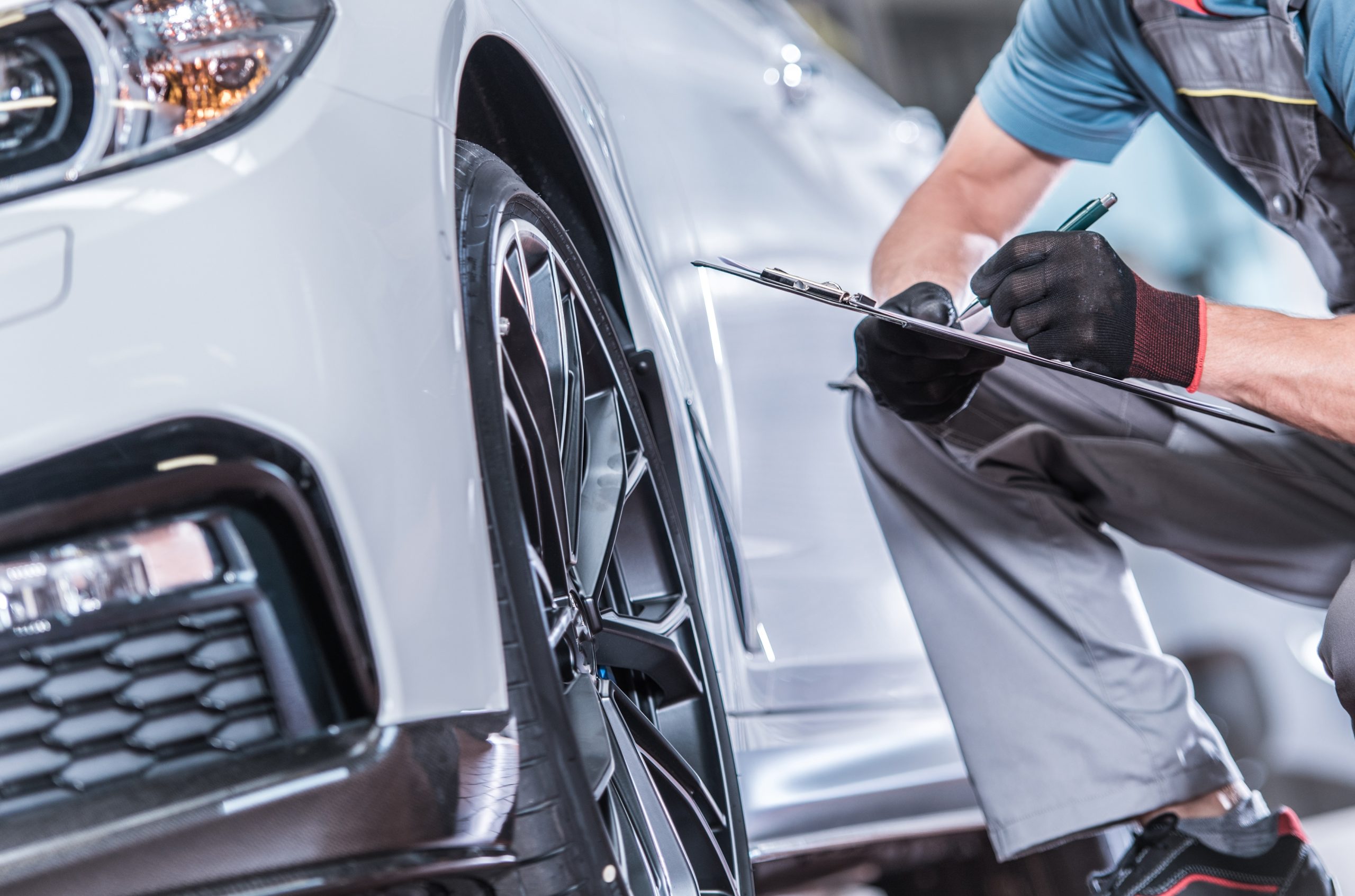KPI: Recent Vehicle Recalls

2013-2019 Lexus and Toyota Cars
Vehicles Affected: Approximately 1.8 million model-year 2013-15 Lexus LS 460 sedans; model-year 2013-14 GS 350 sedans; model-year 2014 IS-F sedans; model-year 2014-15 GX 460 and LX 570 SUVs and IS 350 sedans; model-year 2015 NX 200t SUVs and RC 350 coupes; model-year 2017 IS 200t sedans and RC 200t coupes; model-year 2017-19 RX 350 SUVs; model-year 2018 GS 300 sedans; model-year 2018-19 ES 350, GS 350, IS 300 and IS 350 sedans, LC 500, LC 500h, RC 300 and RC 350 coupes, LS 500 and LS 500h sedans, and RX 350L SUVs; model-year 2014 Toyota FJ Cruiser SUVs; model-year 2014-15 4Runner and Land Cruiser SUVs; model-year 2017-19 Sienna minivans; model-year 2018-19 Avalon and Camry sedans, Corolla sedans and hatchbacks, Highlander and Sequoia SUVs, as well as Tacoma and Tundra pickup trucks.
The Problem: A fuel pump could stop operating, which may cause warning lights and messages to be displayed on the instrument panel and the engine to run rough, possibly resulting in a vehicle stall and increasing the risk of a crash.
The Fix: Dealers will replace the involved fuel pump with an improved one for free.
2013-2014 Hyundai Sonata
Vehicles Affected: Approximately 206,900 model-year 2013-14 Hyundai Sonata sedans
The Problem: The low-pressure fuel hose that connects the low-pressure fuel pump to the direct-injection fuel pump may crack over time due to heat generated within the engine compartment, increasing the risk of a fire.
The Fix: The remedy for this recall is still under development.
2013-2014 Kia Optima
Vehicles Affected: Approximately 142,000 model-year 2013-14 Kia Optima sedans equipped with 2.4-liter or turbocharged 2.0-liter engines.
The Problem: The low-pressure fuel hose may deteriorate and crack over time due to heat generated within the engine compartment, which may lead to a fuel leak and increase the risk of a fire.
The Fix: A remedy for the issue is still under development.
2019-2020 Volvo Cars, SUVs and Wagons
Vehicles Affected: Approximately 121,600 model-year 2019-20 Volvo S60 and S90L sedans; V60, V60 Cross Country, V90 and V90 Cross Country wagons; XC40, XC60 and XC90 SUVs
The Problem: Due to a software-hardware incompatibility, the automatic emergency braking system may not detect obstacles and engage as intended, thereby increasing the risk of a crash.
The Fix: Dealers will update the active safety domain master software for free.
2015-2018 Porsche Macan
Vehicles Affected: Approximately 70,000 model-year 2015-18 Porsche Macan SUVs
The Problem: The fuel pump service cover may contact the flow nozzle on the filter flange of the fuel pump, potentially causing cracks and a fuel leak that, in the presence of an ignition source, may increase the risk of a fire.
The Fix: The remedy for this issue is still under development.
2020 Toyota Highlander
Vehicles Affected: Approximately 39,000 model-year 2020 Toyota Highlander SUVs
The Problem: Auto stop-start may not operate correctly, resulting in a vehicle stall and increasing the risk of a crash.
The Fix: Dealers will reflash the engine control unit for free.
2020 Jeep Gladiator, 2018-2020 Wrangler
Vehicles Affected: Approximately 33,200 model-year 2018-20 Jeep Wrangler SUVs and model-year 2020 Gladiator pickup trucks equipped with manual transmissions
The Problem: The clutch pressure plate may overheat and fracture, increasing the risk of a fire. Additionally, damage to other nearby components can result in debris falling onto the road or a loss of drive, increasing the risk of a crash.
The Fix: The remedy for this issue is still under development.
2020 Chevrolet Silverado 1500, GMC Sierra 1500
Vehicles Affected: Approximately 20,300 model-year 2020 Chevrolet Silverado 1500 and GMC Sierra 1500 pickup trucks
The Problem: The bolts used to attach the front and rear brake calipers may not have been heat-treated and could break under load, reducing brake performance or interfering with wheel rotation and increasing the risk of a crash.
The Fix: Dealers will replace the brake caliper bolts for free.
2016-2019 Audi TT
Vehicles Affected: Approximately 8,600 model-year 2016-19 Audi TT roadsters and coupes
The Problem: In the event of a crash, the fuel tank may become damaged by the fuel tank heat shield bracket, leaking fuel and increasing the risk of a fire.
The Fix: Dealers will install a protective cap on the fuel tank heat shield bracket for free.
2019-2020 Mercedes-Benz, Mercedes-AMG G-Class
Vehicles Affected: Approximately 6,500 model-year 2019-20 Mercedes-Benz G550 and Mercedes-AMG G63 SUVs
The Problem: An electrical resistor within the differential locking module may malfunction, interrupting communication between the control unit and the differential locking actuator, possibly resulting in the deactivation of the electronic stability program and antilock brake system while driving, increasing the risk of a crash.
The Fix: Dealers will inspect the differential locking modules and replace them, as necessary, for free.
2019 Ford Ranger
Vehicles Affected: Approximately 5,400 model-year 2019 Ford Ranger pickup trucks
The Problem: Affected trucks had the climate control blower motor replaced from Oct. 9 to Nov. 22, 2019, per a previous recall. The replacement part used for that service may have been built with an improper clearance between an electrical terminal and the conductive base-plate slot that could result in a resistive electrical short, increasing the risk of the blower motor overheating, melting, smoking or causing a fire. Ford said it is not aware of any reports of accidents, injuries or fires related to the condition.
The Fix: Dealers will inspect the climate control blower motor date code and replace those built within a suspect timeframe for free.
2020 Hyundai Sonata
Vehicles Affected: Approximately 5,000 model-year 2020 Hyundai Sonata sedans
The Problem: The tire pressure label inside the driver’s door and the owner’s manual state an incorrect tire size, which may mislead the owner to install the wrong tire size, potentially affecting vehicle handling and increasing the risk of a crash.
The Fix: Dealers will install new label stickers over the tire pressure label and in the owner’s manual for free.
*All recall information is courtesy of Cars.com



